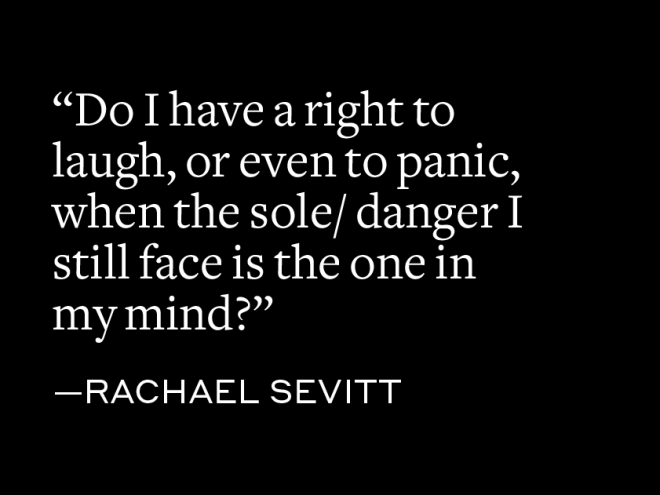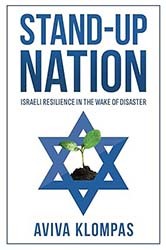In this slim volume, French philosopher, writer, and filmmaker Bernard-Henri Lévy deconstructs October 7th, 2023, the day the gates of hell opened and everything changed. Between October 6th and October 8th fell a darkness that has yet to lift.
Since the October 7th pogrom, the world has been witnessing the oldest hatred made new. Antisemitism has taken the form of anti-Zionism, and Hamas’s savage brutality (if it even occurred) is explained away and excused, presented as if it has a context and thus a rationale.
Yet it was an act of violence so extreme that it continues to both defy description and demand it. With passion and outrage, Lévy draws on his decades of experience filming and writing about violence around the world, from Afghanistan to Bosnia, to Somalia and Ukraine, to, of course, Israel. He made his first visit there in 1967, at the time of the Six-Day War, and since then he has met with Israeli leaders, reported and analyzed the conflicts in the region, and taken part in various peace plan discussions.
Hamas is Amalek, declares Lévy. And who is Amalek? The “oldest enemy of the Jewish people … the terrifying being that has no other attributes or will than the inborn, radical, and eternal hate that he bears for Jews.”
This twenty-first-century Amalek has succeeded in spreading its hate throughout the world, such that public expressions of antisemitism are normalized and acceptable.
Lévy moves into and out of the worlds of philosophy and history, seeking to impose some sort of order on the chaos and the shock of October 7th and its aftermath. He is not suggesting solutions or predicting the future, but analyzing, examining.
He is quick to debunk the arguments, excuses, and denials that are used to justify October 7th. It was, he writes, an attack by “consummate criminals” and is now being defended by the “professional excusers of evil” who “try to drown it in verbiage, bad faith, and an ocean of tweets” in their “methodical rewriting of the whole sequence of events.”
Lévy’s recounting of contemporary antisemitism around the world — the true context of October 7th — makes for painful reading. The book’s painfulness is intensified by its central theme: that Israel, and thus the Jewish people, is alone. Israel, known to many as the Jewish “insurance policy,” is existentially threatened yet continuously accused of genocide.
Lévy concludes that October 7th and its aftermath mean there is no place in the world where Jews are safe. Israel Alone is a thought-provoking, clear-sighted analysis of a world-changing event that cannot be ignored or minimized.





